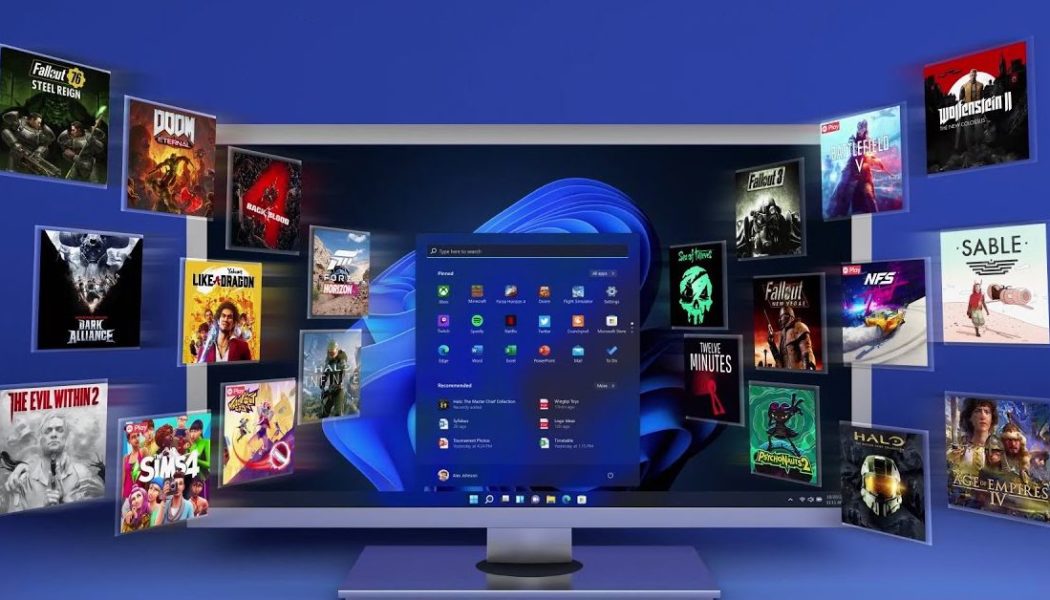/cdn.vox-cdn.com/uploads/chorus_asset/file/24108549/windows11gaming.jpg)
Microsoft is bringing GPU decompression to Windows PC games soon. After launching DirectStorage earlier this year, GPU decompression promises to be the next step in the ongoing effort to improve game load times on PCs. Microsoft says it’s “one of our most highly requested features” from game developers.
GPU decompression works by offloading the work needed to decompress assets in games to the graphics card instead of the CPU. Modern games include massive amounts of assets like characters, landscapes, and objects that are all compressed to reduce the total size of a game.
“Typically, decompression work is done on the CPU because compression formats have historically been optimized for CPUs only,” explains Cassie Hoef, a senior program manager at Microsoft. “We are offering an alternative method in DirectStorage 1.1 by moving the decompression of those assets to the GPU instead — known as GPU decompression.”
GPU decompression frees up the CPU for other game tasks
By moving this workload to a GPU, load times can dramatically decrease in games, even in areas where you’re moving from one world to another. Microsoft claims this can be as much as three times faster, freeing up the CPU to handle other game processes. “When DirectStorage 1.1 [is] released, it kicks off a new journey for game developers to make full use of gaming hardware and speed up load times for PC games over the next few years,” says Hoef.
These new improvements are coming soon for developers, and will be available in both Windows 10 and Windows 11. Microsoft says there are “additional optimizations in the IO stack available to Windows 11 users,” so that will be the best choice for GPU decompression and DirectStorage in general.
GPU makers like Nvidia and AMD will also need to release compatible DirectStorage 1.1 drivers ahead of Microsoft’s final release later this year. While DirectStorage has the promise of blazing-fast load times that we’re seeing on Xbox Series X consoles, we haven’t seen many PC games adopt this technology yet. Forspoken was supposed to be the first big game with DirectStorage support, but the title got delayed to January 2023.









